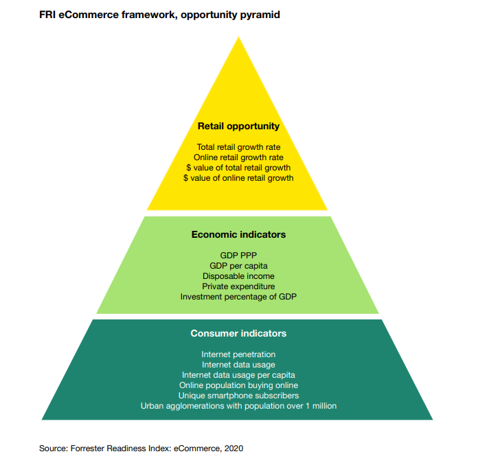
A closure sign posted on the window of a restaurant in New York City due to the coronavirus pandemic.
Adam Jeffery | CNBC
While the federal government weighs closing restaurants and bars amid the coronavirus outbreak, restaurant companies and at least 13 states are already closing dining rooms.
Photos of Americans in restaurants and bars circulated on social media over the weekend, leading many to call for mandated closures to enforce “social distancing.”
Nationwide, Starbucks and Chick-fil-A, two of the three biggest U.S. restaurant chains by sales, are only letting customers receive their food and drinks to go. Both said Sunday that they will pause the use of seating in their restaurants. Shake Shack announced similar measures on Monday for all company-owned restaurants in the U.S. and withdrew its forecast for fiscal 2020.
McDonald’s, the largest U.S. restaurant chain by sales, will close its dining rooms and children’s play areas Monday at its company-owned stores, and is asking its franchisees to do the same. McDonald’s owns about 5% of its roughly 14,000 U.S. restaurants. Customers will be able to order their food and drinks for takeout or delivery or via the drive-thru.
“I think we’re going to see announcements from most of the major franchisors in the next couple of days,” Morningstar analyst R.J. Hottovy said in an interview.
Pennsylvania Gov. Tom Wolf has placed restrictions on restaurants in five counties within the state. Governors in California, Ohio, Massachusetts, New York, New Jersey, Connecticut, Michigan, Illinois, Rhode Island, Maryland, Vermont and Washington have all announced polices that place restrictions on restaurants and bars. Affected consumers will have to receive their orders for takeout or curbside pick-up or via delivery or drive-thru lanes.
Globally, Paris and Madrid have also closed their restaurants. The Irish government has asked pubs and bars to close their doors ahead of St. Patrick’s Day on Tuesday.
Barclays analyst Jeffrey Bernstein wrote in a note to clients that quick-service restaurants are best positioned to handle the restaurant restrictions.
“We note 65-70% of QSR sales come from the drive-thru (primarily outside large cities), 10-15% from takeout, & most recently a [low single-digit] percent from delivery,” he wrote.
Casual dining and fast-casual restaurants are expected to experience a bigger hit from the policies.
Ahead of official restrictions from local governments, many independent eateries or small restaurant chains in cities with clusters of coronavirus cases closed their doors for the safety of workers and customers. Momofuku and Danny Meyer’s Union Square Hospitality Group, for example, closed restaurants until further notice.
The closures and restrictions will likely drive customers to order food delivery. Third-party delivery aggregators like DoorDash are implementing contact-free delivery as an option. Grubhub is suspending commission fees from impacted independent restaurants.
“Delivery sales will outperform in store, but people right now, there’s so much uncertainty that they’d rather just buy groceries online,” Hottovy said.

